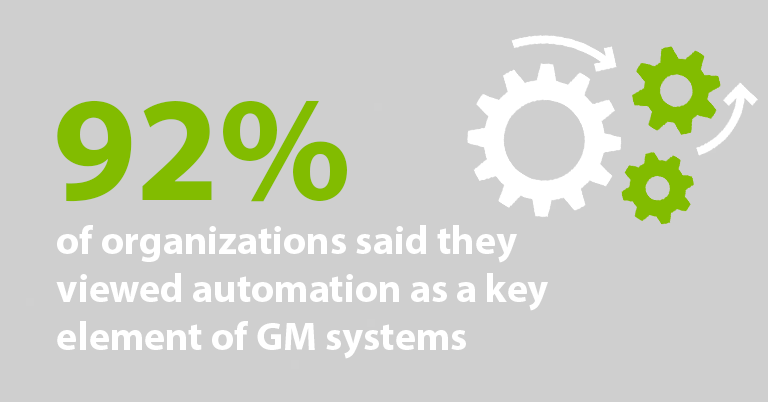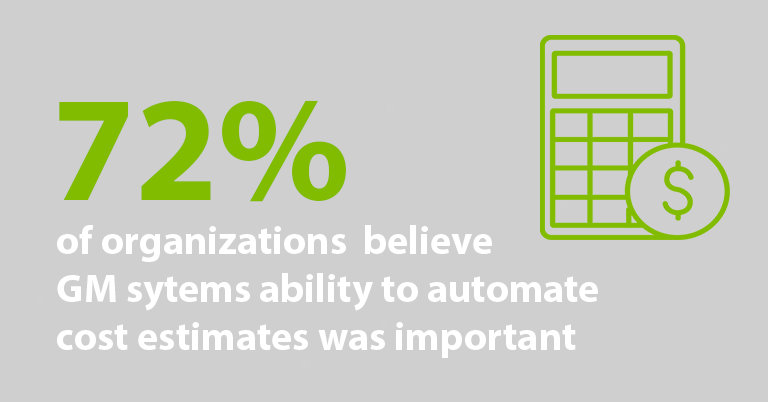Why automation is a win-win for Global Mobility
When it comes to the global mobility (GM) function, automation is a win-win – or even a win-win-win. For the business, it reduces the need to input data manually, and all the errors, delays and inefficient use of time that go along with that. But for GM teams, automation brings its own set of benefits, not least by freeing staff from repetitive manual tasks so they can focus on the more high-value work that needs their skills most. For employees, automation can really make a difference, cutting wait times and delays while simplifying and easing the relocation process.
In short, automation improves employees’ assignment experience, makes the GM team’s roles more enjoyable and makes the business as a whole more productive. In difficult economic times, the benefits of having a more efficient and dynamic workforce can’t be overstated. Against the current background of ongoing political upheavals and economic uncertainty, liberating the GM function from routine tasks to concentrate more on strategic work will be vital.

A key element of global mobility
Businesses are well aware of the benefits automation brings: in a recent survey by the Global Mobility Executive (GME) and Equus, 92 percent of organizations said they viewed automation as a key element of GM systems – more than any other functionality. When asked what the most valuable element of GM systems is, automation was ranked among the top three features, behind process efficiencies, and analytics and reporting.
Businesses also recognize how the value of automation goes beyond just doing away with monotonous manual work: 72 percent of organizations that took part in the research said they believed GM systems’ ability to automate cost estimates was important, while 42 percent said the same of automating payroll processes.
Making life easier
Not only can automation give businesses better insight into costs, it can also reduce the lag time between information becoming available and being acted on, speeding up vital business decisions. Cutting out manual work can also reduce the time it takes to complete the relocation process as a whole, allowing businesses to react more quickly when global or business dynamics change. By taking out the manual processes that can inadvertently introduce errors into business data, automation can help organizations keep on top of compliance too.

For employees preparing for a long-term relocation or a fresh round of business travel, even the simplest automation can be appreciated: automatically creating a standard letter, for example, can spare an assignee having to chase up GM staff to manually build one, and help streamline the assignment process. Automation also helps make the relocation process more consistent, so employees know exactly what to expect when they start a new assignment, reducing the chance of a negative experience during the relocation process.
With simple GM tasks taken over by automation, when assignees really need extra assistance from the GM team, they can be assured there will always be someone available to help.
To read more from GME and Equus’ research into the future of global mobility, click here.













